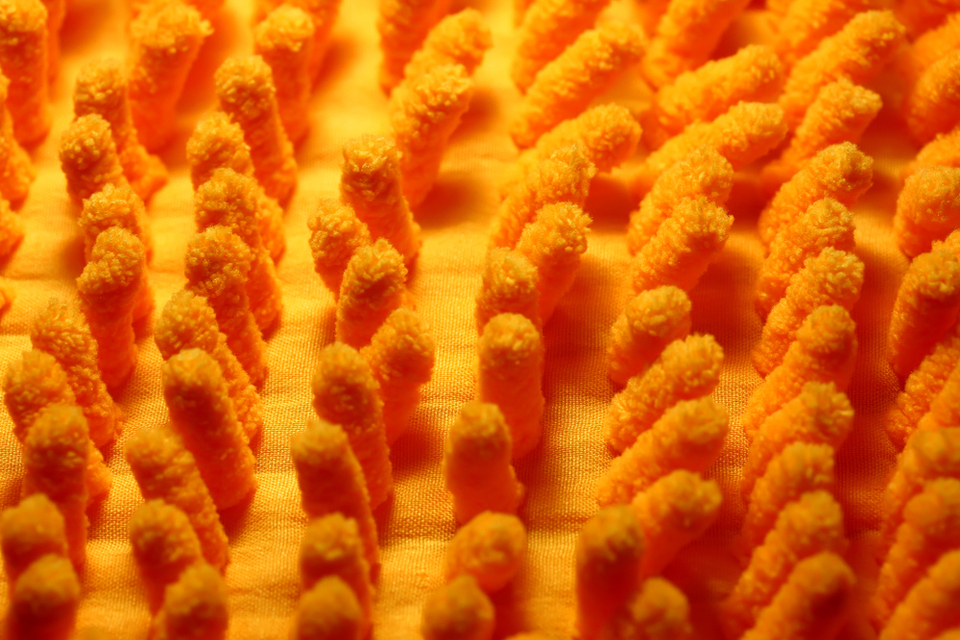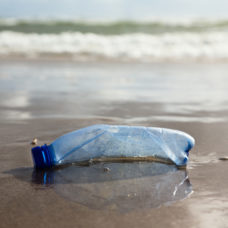Microfiber pollution has remained under the radar for so long.
In the last decade, the world started to note the dangers of single-use plastics. Whether it’s bottles and straws or non-biodegradable plastic bags, countries have introduced measures to cut plastic pollution.
But, one primary source of pollution has mainly remained unnoticed — and that’s microfiber. It consists of microscopic bits of polyester, acrylic, and nylon from our clothes.
In a statement to the press, a researcher at the University of Plymouth, Imogen Napper said:
“We wash our clothes regularly, and hundreds of thousands of fibers come off per wash. This could be one of the main sources of plastic pollution in the environment.”
An Ocean Wise organization report states that the average U.S. and Canada family releases over 500 million microfibers into the ocean annually.
According to a 2015 Ellen McArthur foundation report, half-a-million tonnes of these microfiber plastics make their way into waterways annually. That’s an equivalent of over 50 billion plastic bottles.
It accounts for about 35 percent of all microplastic wastes in the ocean.
In developed countries, water treatments could intercept a vast majority of tiny bits of textiles. Meanwhile, such interception is practically absent in less developed countries.
So, more of these particles add to the flood of plastics that streams into the sea.
The Dangers of Microfiber Pollution and how to Curb it
Is micro-pollution harmful to the environment? Yes, it is.
Marine biologists suggest that microfiber pollution is as damaging to microscopic organisms in the ocean as plastic bags are to sea turtles.
Unfortunately, researchers have not been able to get sufficient forensic evidence to support the claim.
“The evidence disappears quickly, with weak or dead micro-organisms eaten by other species,” says co-author of the Ocean Wise study, Peter Ross.
Be that as it may, we must figure out how to reduce the marine debris.
Since microfibers sheds occur when we wash clothes, the obvious solution is to do less laundry. However, researchers have suggested other methods too.
A campaigner for NGO Plastic Soup Foundation, Laura Diaz Sanchez explained:
“When you do the laundry, you can reduce the impact by lowering the temperature—above 30 degrees Celsius textiles break down more easily, Liquid detergent is better than powder, which has a scrubbing effect. Also, don’t use a dryer.”
Also, buying fewer new clothes could help. Previous studies have shown that we release more microfibers during first-time washings.
Finally, experts have suggested using washing machines that can intercept the microfibers.
“Your car has filters, your washing machine should have them too,” says Mojca Zupan, founder of the Slovenian-based startup PlanetCare.
“Every machine made from now on should be neutral to the environment.”



















Glad to hear another problem has a solution. Typically all problems have solutions, it’s a matter of finding the best one. Now we know to switch or upgrade to a washer with a filter included when we are able. Great!
What is that about the powder detergent? i use it and before using it in the machine i dissolve it with water, it does not have any scrubbing effect, it becomes like the liquid detergent.